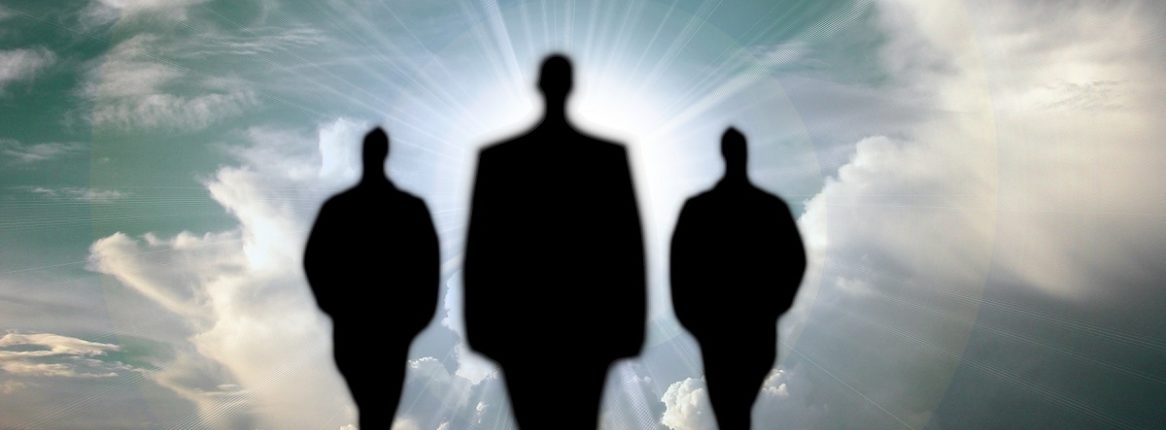I had been shot, seven times. I lost consciousness. Suddenly, from above, I saw myself lying in the back of the ambulance. I heard one of the paramedics say, “We are losing him!” Soon after that they stopped CPR and I watched as they covered my head with a sheet. I died that night and have never felt so alive (TELERF, 2014).
These words provide a glimpse into the transient-death experience. During a period of temporary death, this gunshot victim experienced the continuity of life and of himself. He returned from a period of transient-death to relate an experience of enhanced clarity of thought, vivid and expanded awareness, as well as an overwhelming sense of unconditional love and acceptance. He spoke of a profound experience that he remembers in incredible detail, and one which does not dim in his memory over time.
Transient-death refers to a period of temporary death during which the loss of both breathing and a regular heartbeat is evident. Blood circulation ceases and there is no apparent consciousness. Measurable brain activity is lost and brain-stem reflexes are absent. Yet some who return from this period of physical crisis remember being fully conscious, and feeling very much alive, during this time. It is the vivid, clear, organised and exceptional psychological experiences of those who remember events, sensations and emotions during a period of temporary death that Elaine refers to as a transient-death experience.
It would be fair to assume that, given the severe physical impairments associated with temporary death, an individual should not be able to think, see, hear, sense emotion, enjoy any form of self-awareness or awareness of their surroundings during this period. Yet those who come back from transient-death speak of being able to see and hear during the experience and, in some instances, what they claim to have seen and heard has been verified. They describe exceptionally clear, organised thinking and acute awareness. They tell of a sense of unconditional love and profound understanding that is so immense that it defies words. The fact that they are able to share this experience suggests that their memory, and their capacity to experience, retain and recall events also remained active during this period, and was unharmed.
The impact of the shooting on this victim’s body was so severe that his physical function fell far short of the criteria regarded as a necessary ‘minimum’ for conscious experience. Despite this, he reported having enhanced, vivid and expansive awareness during this period. More generally, it seems reasonable to suggest that the likelihood of conscious experience when someone is either under general anaesthesia, comatose, suffering from brain damage or has been involved in a very serious accident is severely limited. Yet deep, profound experiences, brimming with lucid thoughts, meaningful events, profound learning and continued living have been reported under all of these scenarios as well.
This transient-death experience, together with the exceptional experiences of millions of others, casts a real shadow of doubt over the current assumption that the brain is the creator of one’s consciousness. TELERF’s research deepens this doubt. The difficulty is that accepting a paradigm shift of this enormity is difficult for science and, in fact, for anyone who has never doubted the mainstream assumption that consciousness is nothing more than a by-product of the brain. Transient-death experiences support a new view of consciousness, a view that suggests that consciousness continues without a fully functional brain and that there is a continuity of one’s consciousness beyond clinical death – a view that suggests that you are so very much more than you might allow yourself to believe.
Should you be willing to share your own transient-death experience with TELERF please click here.

